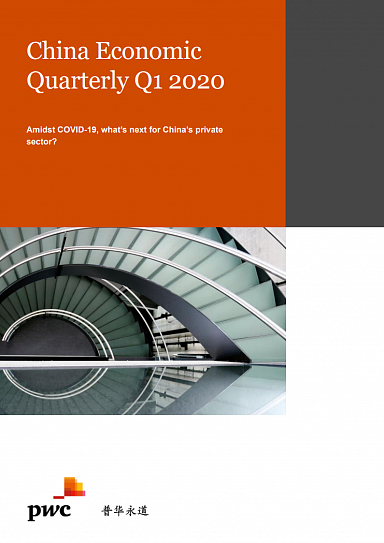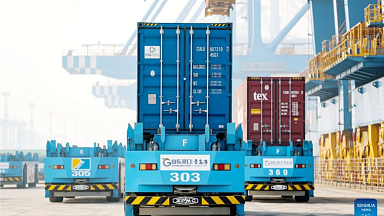Due to the ongoing COVID-19 pandemic, GDP has contracted by 6.8% for the first time in history in four decades, while a gradual recovery started in the beginning of Q2. Imports and exports fell by 6.4%.
The private sector plays a critical role in China’s economy contributing to more than 60% of GDP and providing more than 80% of China’s urban jobs. Many small and medium private companies involved in international trade struggled to survive during this period.
Private companies became China’s largest contributor to international trade and for the first time accounted for 42.7% of total China’s trade. Chinese private enterprises have achieved global competitiveness. In the past, exports and imports from foreign-owned enterprises accounted for the major proportion, but now it makes up 39.9%. As for state-owned enterprises, their share in total trade is estimated at 16.9%.




